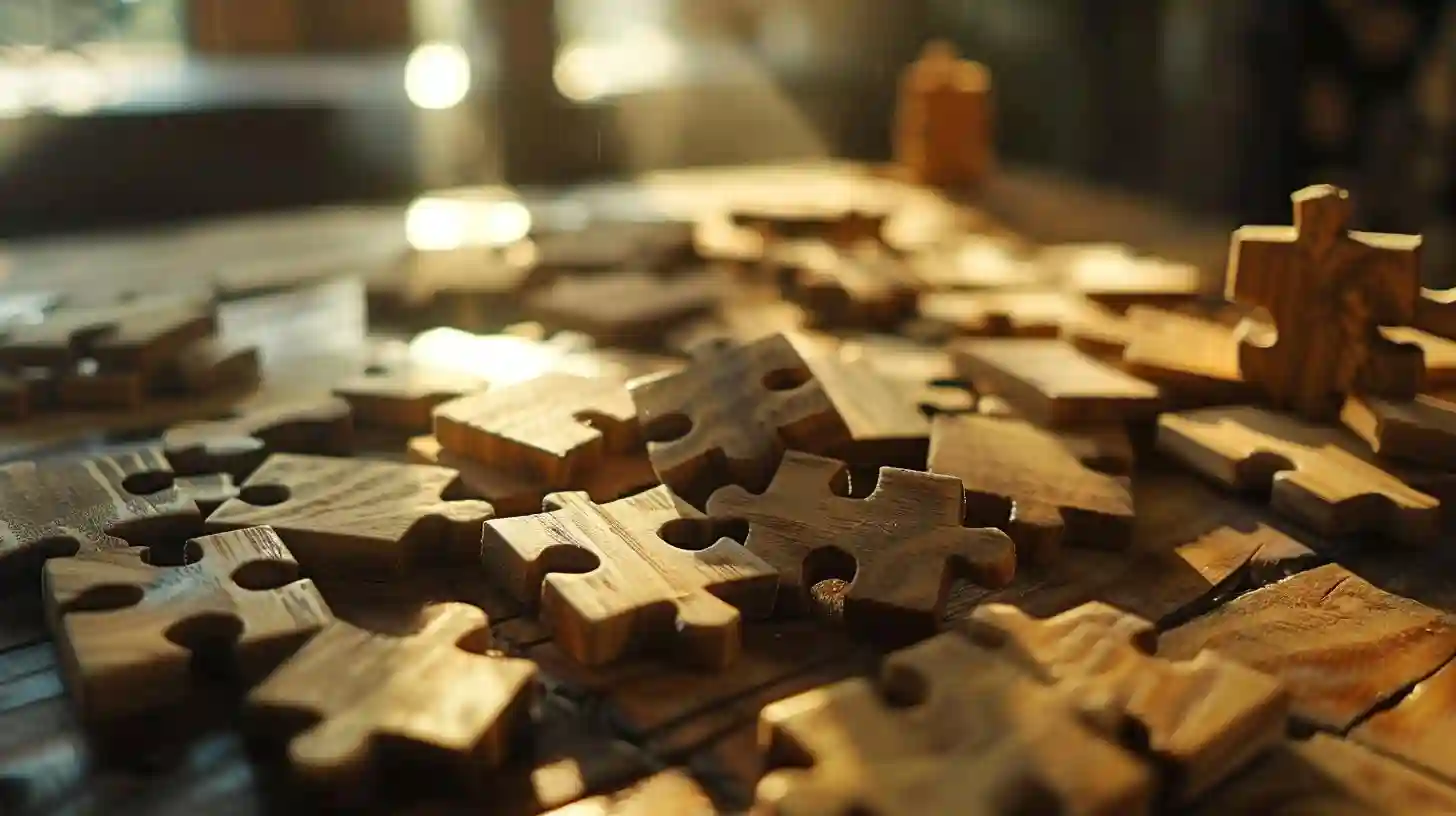
Solving a puzzle faster requires a combination of strategy, focus, and practice. Whether you're working on a puzzle, crossword, or Sudoku, there are many techniques you can use to improve your speed and efficiency. In this essay, I will share some tips and strategies to solve puzzles faster.
One key strategy for solving puzzles faster is to work on the edges and corners first. By focusing on the outer edges of the puzzle or the longer words in the crossword, you can begin to create a structure that will make it easier to complete the rest of the puzzle. In a Sudoku puzzle, solving the cells with the fewest possibilities first can help narrow down the options for the remaining cells.
Another important strategy is to look for patterns and relationships within the puzzle. In a puzzle, this might involve grouping the pieces by color or pattern. In a crossword puzzle, you can look for common prefixes or suffixes that will help you solve multiple clues at once. In Sudoku, you can use techniques such as "hidden single" or "naked pair" to eliminate possible options and make it easier to fill in the remaining cells.
Practice is also the key to improving your puzzle solving skills. The more puzzles you solve, the more familiar you will become with the strategies and techniques that work best for you. You can also try mixing up the types of puzzles you solve, as each type of puzzle requires a different approach. For example, if you're used to solving crossword puzzles, try solving Sudoku or a logic puzzle to challenge yourself and improve your problem-solving skills.
In addition to regular practice, it can be helpful to set specific goals for yourself when working on a puzzle. For example, you might challenge yourself to complete a certain number of rows or columns in a puzzle in a certain time, or solve a certain number of clues in a crossword puzzle without using any clues. Setting goals can help you stay motivated and focused, and will also help you track your progress over time.
It is also important to eliminate distractions when working on a puzzle if you want to solve it faster. Find a quiet, well-lit place where you can concentrate without distractions. Turn off your phone or other electronic devices and try to minimize any other distractions that might divert your attention. By creating a calm and focused environment, you can improve your speed and accuracy when solving puzzles.
Finally, don't be afraid to ask for help if you're stuck solving a puzzle. Whether you're consulting a friend or family member, looking up a clue in a crossword dictionary, or using the hint feature in a Sudoku app, there are plenty of resources to help you when you hit a roadblock. Asking for help can save you time and frustration, and can also help you learn new strategies and techniques that you can apply to future puzzles.
Solving puzzles faster requires a combination of strategy, focus, practice, and persistence. By working on edges and corners first, looking for patterns and relationships, practicing regularly, setting goals, eliminating distractions, and asking for help when needed, you can improve your speed and efficiency at solving puzzles of all types. With time and practice, you will become a faster and more confident puzzle solver, able to solve even the most difficult puzzles with ease.